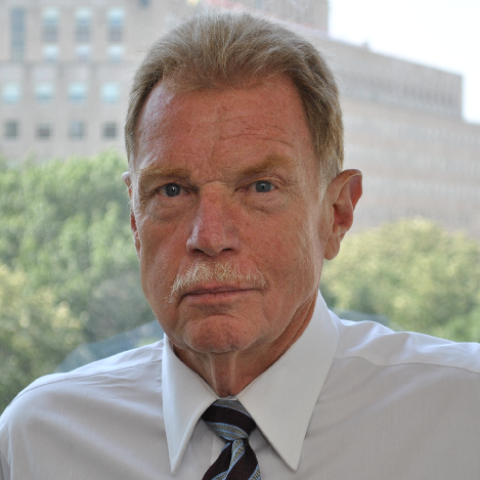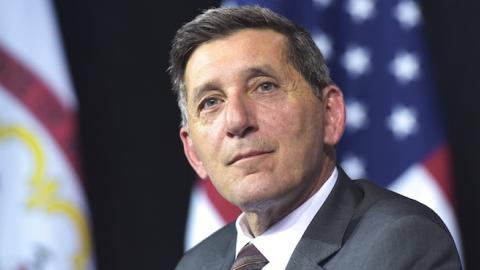The Senate held a hearing last week on the addiction and overdose crisis caused by heroin, illicit trafficking of the extremely potent drug fentanyl, and prescription opiate diversion and misuse. The crisis was responsible for 29,467 American deaths in 2014 alone, and many more in 2015 for which there is no final, official total yet.
Obama administration drug czar, Michael Botticelli, repeated what he clearly thought was an unchallengeable refrain that "you can't arrest your way out of the overdose problem." Manchester, New Hampshire's, police chief, Nick Willard, meanwhile, speaking from the grim frontlines of the problem, made a persuasive case for doing just that.
The administration, proclaiming the "end of the drug war" for the last seven years, has followed a harm reduction policy. It emphasizes as its highest priority, stockpiling the anti-overdose medication, Naloxone, to revive victims (many of whom return to opiates to overdose yet again) and ensuring funding for "clean needles" with which to continue injecting, and perversely, releasing thousands of drug traffickers from federal prison.
Chief Willard, by contrast, insisted on cutting to the heart of the matter—illicit production and drug labs in Mexico, which are sending historically unprecedented tons of the drugs north to be distributed by their gang allies.
"The border with Mexico is a sieve," Chief Willard told the Senate. The poisons are killing young people in Manchester, as they are all across the nation. The chief identified rogue Mexican labs run by the Sinaloa cartel that make the fentanyl, so potent that first responders have to avoid breathing it or touching it.
His solution? Enhanced penalties, more police powers, and the authority to seize criminal assets. Following the script of the Organized Crime and Drug Enforcement Task Force (OCDETF) model run by the Department of Justice, he calls for serious criminal justice operations with a dedicated prosecutor attached to investigations, used to shut down those who traffic poisons.
Meanwhile, the Centers for Disease Control has called for action to reduce the opiate deaths by "reduc(ing) the supply of illicit opioids, particularly heroin/fentanyl." Senator Jeff Sessions of Alabama drove the point home, citing a recent analysis of the overdose catastrophe in the New England Journal of Medicine, which noted "increased accessibility, reduced price, and high potency of heroin" as the "market forces," driven by criminal cartels, that have targeted the U.S.
Some Democratic political operatives have tried to tie the steep overdose rates in Ohio, Pennsylvania, and New Hampshire to the policies of the respective Republican senators who represent those states. That's an unjust charge.
The abuse and overdose crisis is national, running higher and higher, climbing most steeply since 2010. The Obama administration has explicitly changed drug policy for the worse, most by neglecting the international fight against drug production, the fight against the domestic criminal organizations that supply the drugs, and by even enabling the counter-productive effort to legalize drugs, such as marijuana, in the states, even though the same criminal organizations have penetrated this trade.
The Obama Administration now seeks to blame the nearest local official for the disaster created by its wrongheaded and careless drug policy.
The neglect of illicit drug supply and the responsibility to prosecute the effort against international cartels, means that the drug war continues, whether the White House has surrendered or not. And it has turned increasingly deadly.















